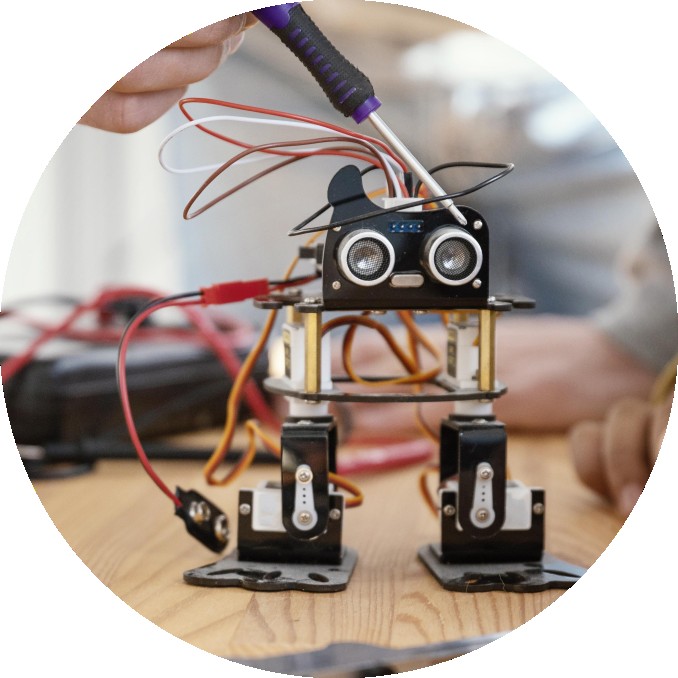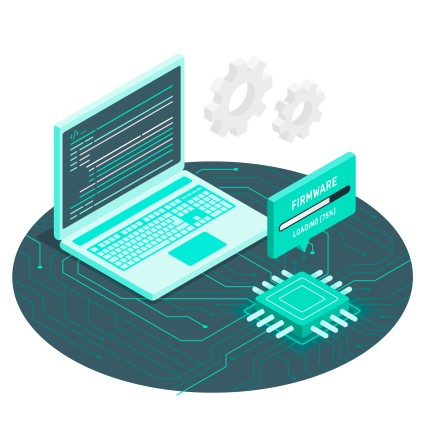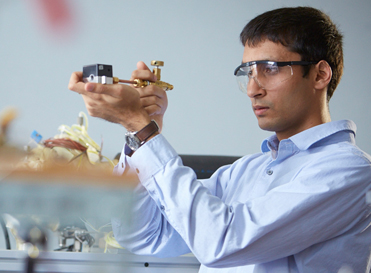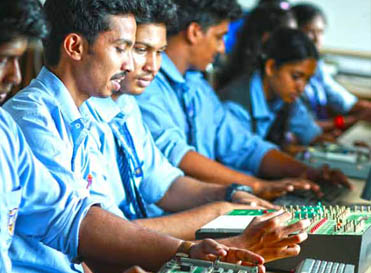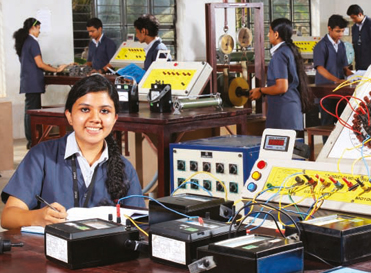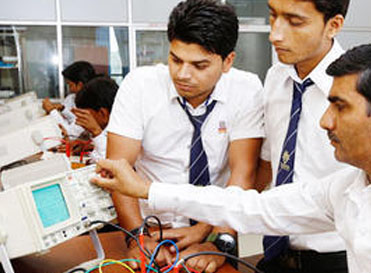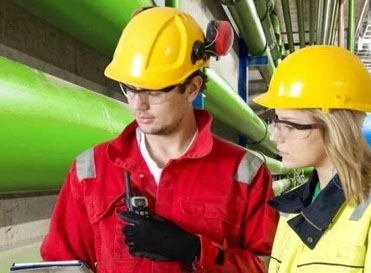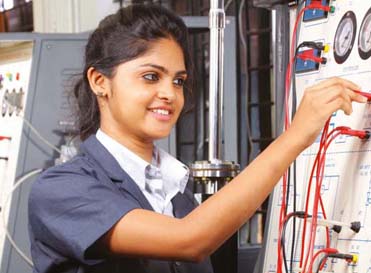Marine Engineering Courses
Marine Engineering course is a branch of engineering that deals with the operation as well as the construction of mechanical equipment for docks, seagoing crafts, and harbour installations. The primary job of a marine engineer is to design, build and maintain vehicles/structures used on or around water. Candidates can pursue their degree after class 12th by taking admission in undergraduate courses like B.E/B.Tech marine engineering. The marine engineering admission process is done on a merit basis or via Entrance exams like BITSAT, TEE Advanced, IMU CET, etc. To be eligible for the undergraduate marine engineering course a candidate must have completed class 12 with a minimum of 60% marks.
Marine engineering involves a number of engineering sciences, such as electrical engineering, mechanical engineering, computer science and electronics engineering, to the burgeoning, configuration procedures, and upkeep of ocean systems and watercraft propulsion. It possesses but is not confined to power and propulsion plants, piping, machinery, control systems, and automation of marine conveyances of any type,that includes offshore coastal structures. The course is available online, offline, and through distance education mode. Marine engineering offers a wide range of applications in marine technology, industrial defence and other research areas.
Why Study Marine Engineering
The shipping industry is one of the most essential industries that propel the progress of any country, particularly India, as it provides a significant boost to both our economy and global economy. This is an extremely fulfilling job with many opportunities in several industries relating to our enormous seas.
In Demand Profession: As the trade business is increasing and every year the huge quantity of the goods are transferred through the sea, the demand for marine engineers is increasing. Shipping companies like Indian Navy, ABG Shipyard, and sea ports need several excellent marine engineers who will manufacture repair vessels like ships, tankers, submarines, sailboats etc.
Rapid Career Advancement: Working in the marine engineering industry entails a great deal of responsibility right from the outset. Whatever your skill set and experience, marine engineers and marine technicians are directly accountable for creating a safe vessel that can carry hundreds of people every year, and sailors are directly responsible for their colleagues' lives for every second on the water. The precise details of boat construction, high safety regulations, and fast-paced labour provide people working in the marine sector with a variety of continually expanding talents.

Who Can Pursue Marine Engineering
Candidates who have a deep fascination with the maritime industry and a passion for ships, boats, and the open sea should pursue marine engineering courses. If you are someone who enjoys working with advanced technology, solving complex engineering problems, and being part of a dynamic and challenging field, find marine engineering to be a rewarding career path. Furthermore,if you have a strong foundation in mathematics, physics,and engineering principles you are well-suited for a marine engineering course. It is a discipline of engineering that specialises in the operation and building of machine equipment for seacraft, docks, and harbour installations, as well as any sea-related operations.
